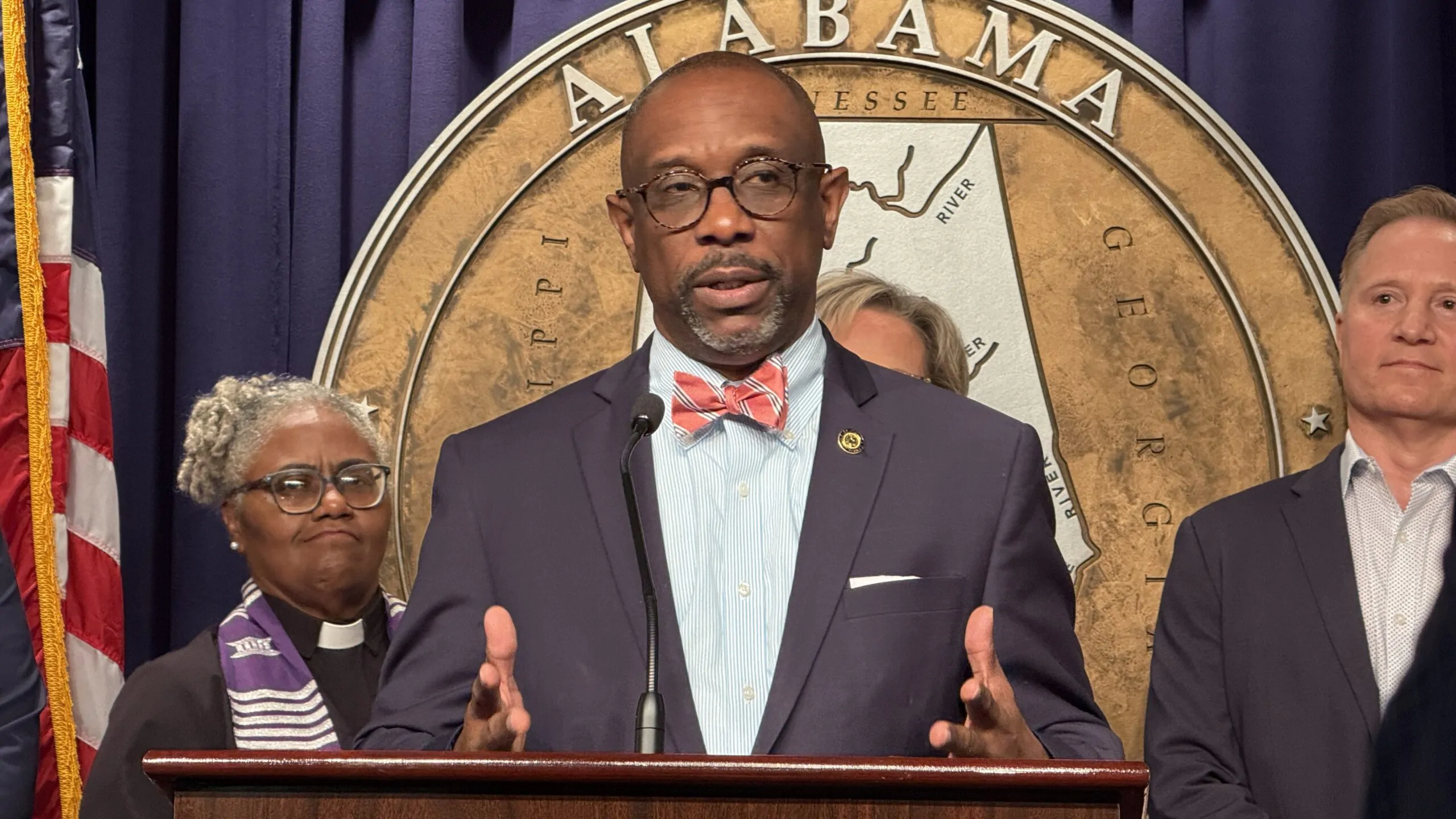
Advocacy organizations across Alabama are sounding the alarm over a proposed federal budget bill they warn could have devastating consequences for low-income residents across the state. The groups argue that impending cuts to essential programs such as food assistance and healthcare could lead to widespread disruptions in support services and place hundreds of thousands at risk.
According to statements issued by local advocates, the proposed legislation could affect nearly 800,000 people in Alabama who rely on federal aid programs. The most significant areas of concern include reductions in Supplemental Nutrition Assistance Program (SNAP) benefits and funding for Medicaid, which together provide crucial resources for food security and medical services to the state’s most vulnerable populations.
“This proposal would create chaos not just for individuals but for entire families and communities,” said a spokesperson from one of the advocacy groups. “We’re deeply worried about the long-term ramifications if this bill passes in its current form.”
Health experts and social service providers have joined the call for reconsideration, noting that rolling back funding would not only increase hunger and medical hardships but also strain nonprofits and public health systems already operating near capacity.
The federal budget proposal is currently under debate in Congress. Lawmakers face mounting pressure to reconcile fiscal priorities with the need to sustain critical social assistance initiatives. Alabama Senators and Representatives have not yet released comprehensive statements on the matter but are anticipated to address constituent concerns as deliberations continue.
As the debate unfolds, advocacy groups are urging the public to contact their elected officials and participate in community forums to raise awareness about the bill’s potential impacts. Many fear that without significant amendments, the legislation could reverse progress made toward reducing food insecurity and expanding healthcare access in the region.
The situation remains fluid as budget negotiations evolve, with final decisions expected later this fiscal year.
Source: https:// – Courtesy of the original publisher.








